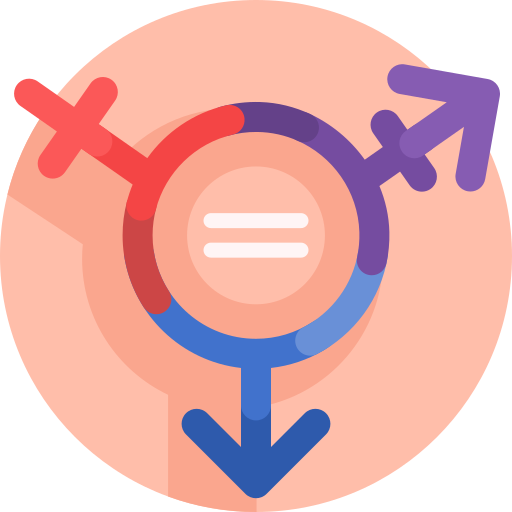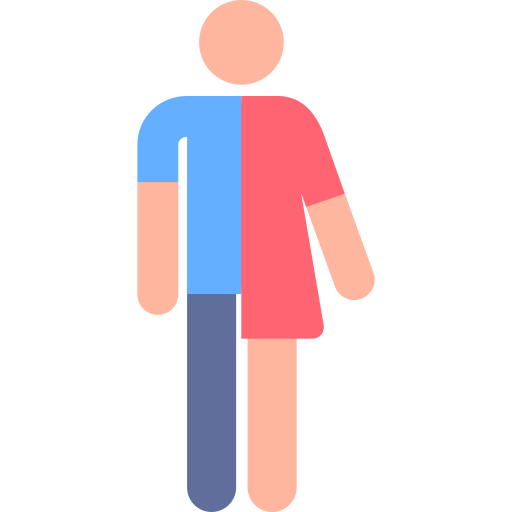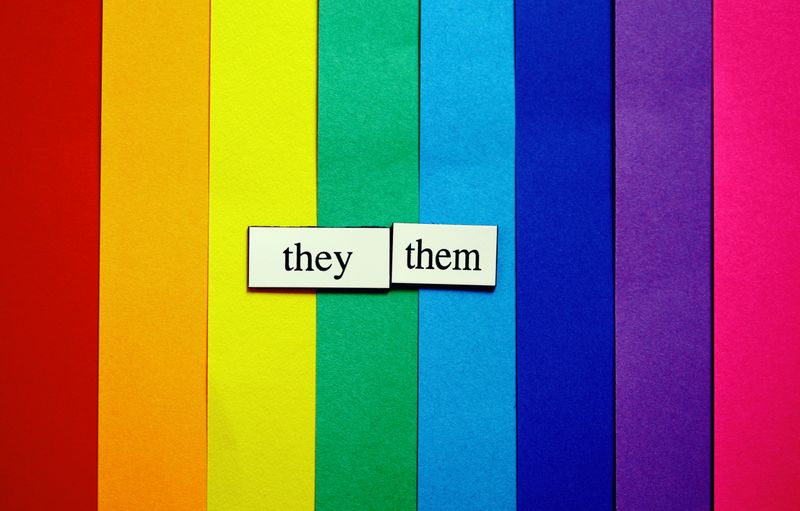"It's a boy!" "It's a girl!" "Why is that boy wearing a dress?" "She shouldn't play with trucks."

Sentiments like these might be common because of long-held beliefs about gender. But gender is a much more complex topic than simply how someone looks.
Understanding these complexities will help you communicate with and relate to a variety of people in your community.
Gender Identity

Gender identity is how someone identifies themselves as either male, female, neither, or both. How a person identifies can be the same as the sex they were assigned to at birth (cisgender) or it can differ (transgender).
Some gender identifications include:
Transgender — identifies with gender that doesn't match their sex
Cisgender — identifies with the sex they were assigned to at birth
Non-binary — doesn't identify with either male or female
Agender — doesn't identify with any gender
Bigender — identifies with two genders
Gender fluid — identity shifts outside of gender norms

Genderqueer — identity doesn't align with societal expectations for their sex
Androgyne — identifies as both or between male and female
Polygender/pangender — displays parts of multiple genders
Omnigender — identifies with all genders equally
Two-spirit — used for Indigenous people in North America that have a different gender identity
Did you know?
Gender Identity vs Sex
When a baby is born, it's usually assigned a sex based on its genitals, hormones, and chromosomes. When a person's reproductive anatomy and other biological factors don't fall into male or female categories, they're considered intersex, which occurs in about 1-2% of cases.
The relationship between a person’s gender and their body goes beyond one’s reproductive functions. Research in neurology, endocrinology, and cellular biology points to a broader biological basis for an individual’s experience of gender. In fact, research increasingly points to our brains as playing a key role in how we each experience our gender.
--Gender Spectrum
Gender identity develops over time, but by age 4, most children have an idea of how they identify. By age 7, some children may start to feel that their gender identity is different than their assigned sex at birth.
Pronouns are a great way to acknowledge and share how people identify. You can learn more about pronouns in this Byte.
Quiz
Het's assigned sex at birth is female. Het uses the pronouns they/their. They sometimes like to dress as a man and sometimes as a woman. Which best describes Het's gender identity?
Gender Expression

Gender expression is how a person chooses to express their gender through clothing, behavior, pronouns, hair, makeup voice, and body features. Many aspects of society's expectations of people are rooted in gender beliefs, such as what toys kids play with or how people dress.

You don't need to identify a certain way to express yourself authentically. Gender expression doesn't determine how someone identifies, so be careful about making assumptions of someone's gender based on their gender expression.
Quiz
Which of the following is usually NOT considered gender expression?
Subscribe for more quick bites of learning delivered to your inbox.
Unsubscribe anytime. No spam. 🙂
Impact of Gender Expression

When people's gender expression aligns with their gender identity, it positively impacts their mental health.
However, there are many people who choose not to express their true gender because of:
Discrimination
Bullying
Prejudice
Threats of violence
Less access to high quality healthcare
Quiz
You're in a meeting and Judy asks why Pat from sales goes by "they". Judy says, "Why can't I just say 'she'? They dress like a girl. I don't understand all this pronoun business." What should you do?
Did you know?
Take Action
Become an ally today!

Your feedback matters to us.
This Byte helped me better understand the topic.



